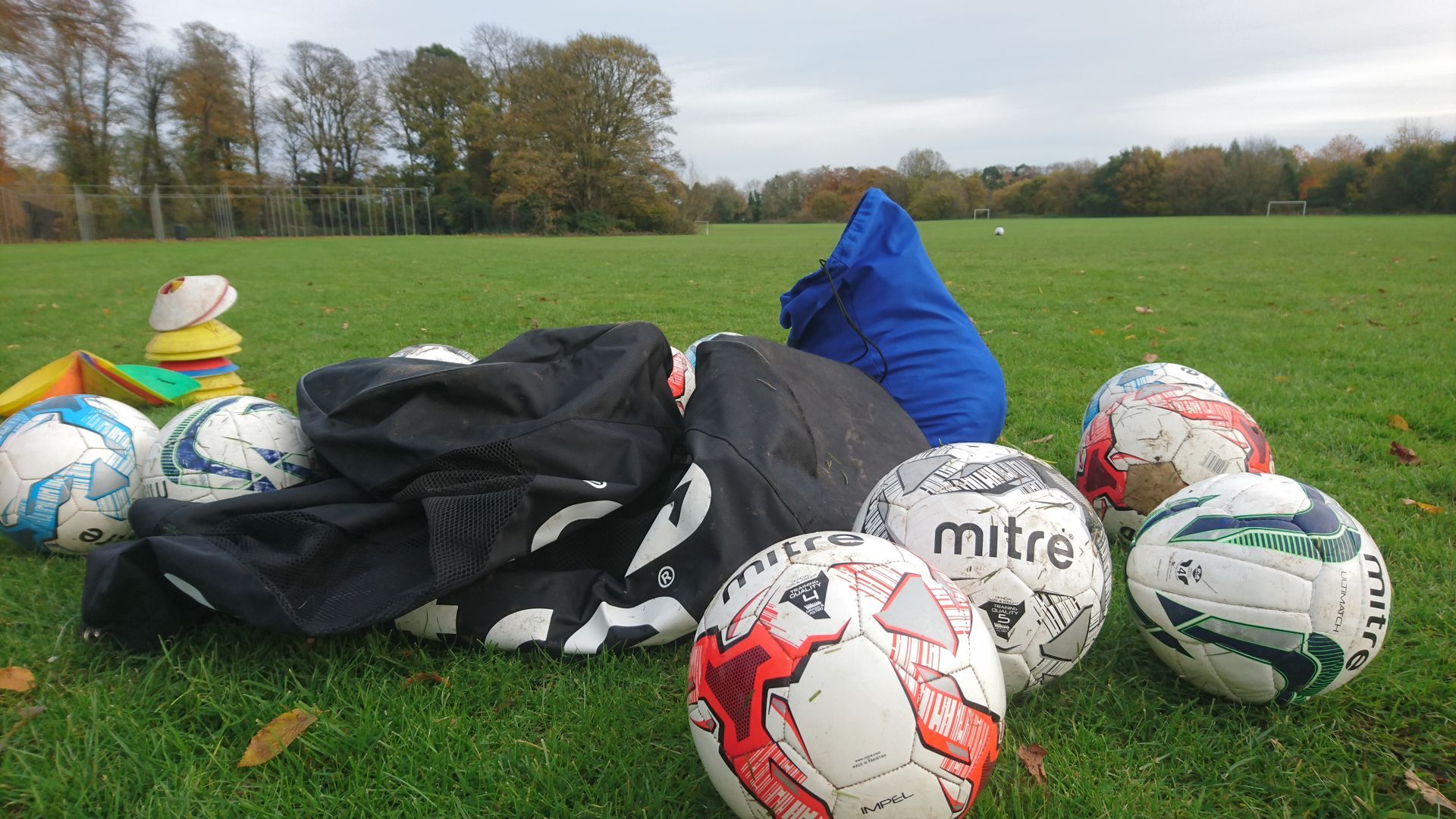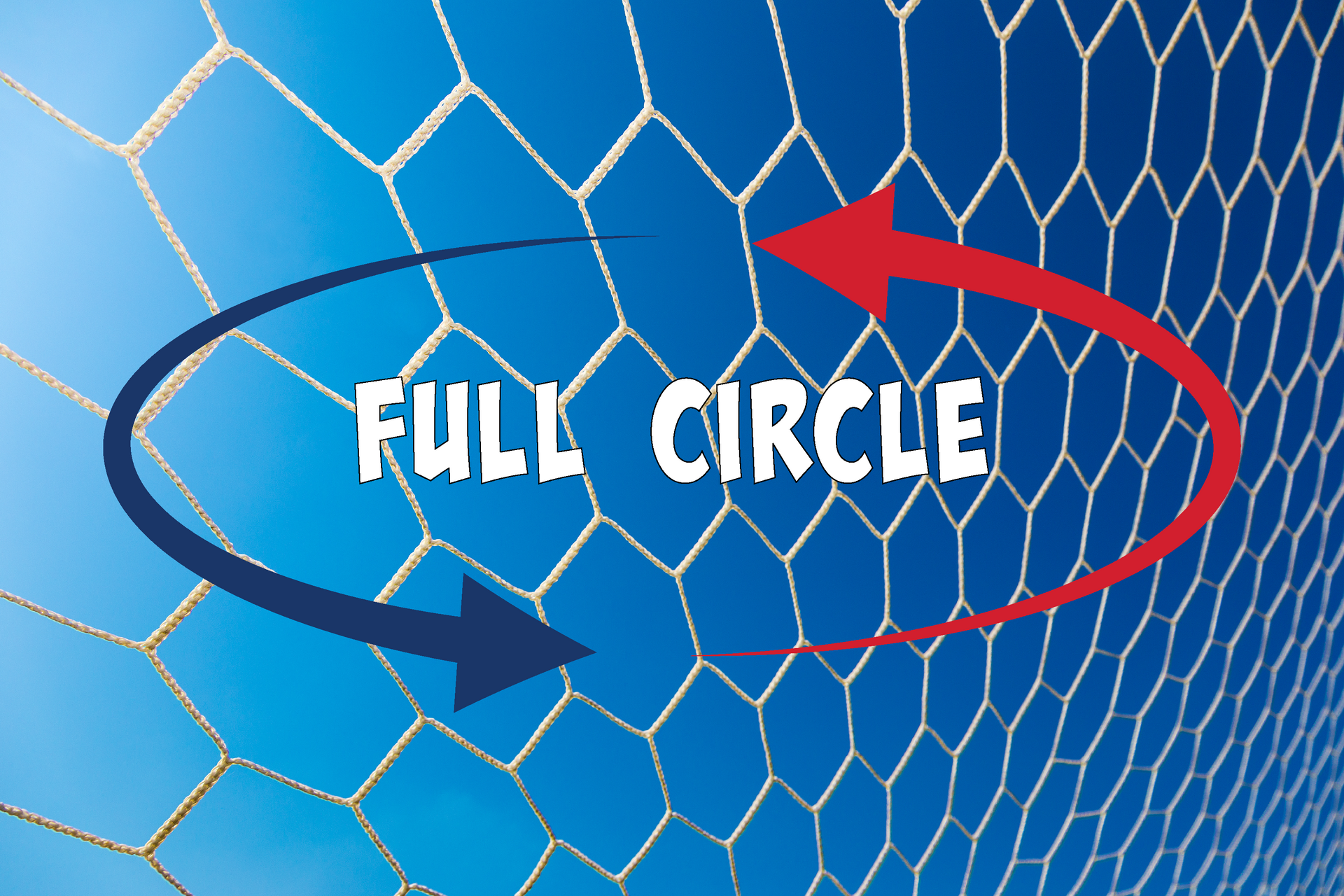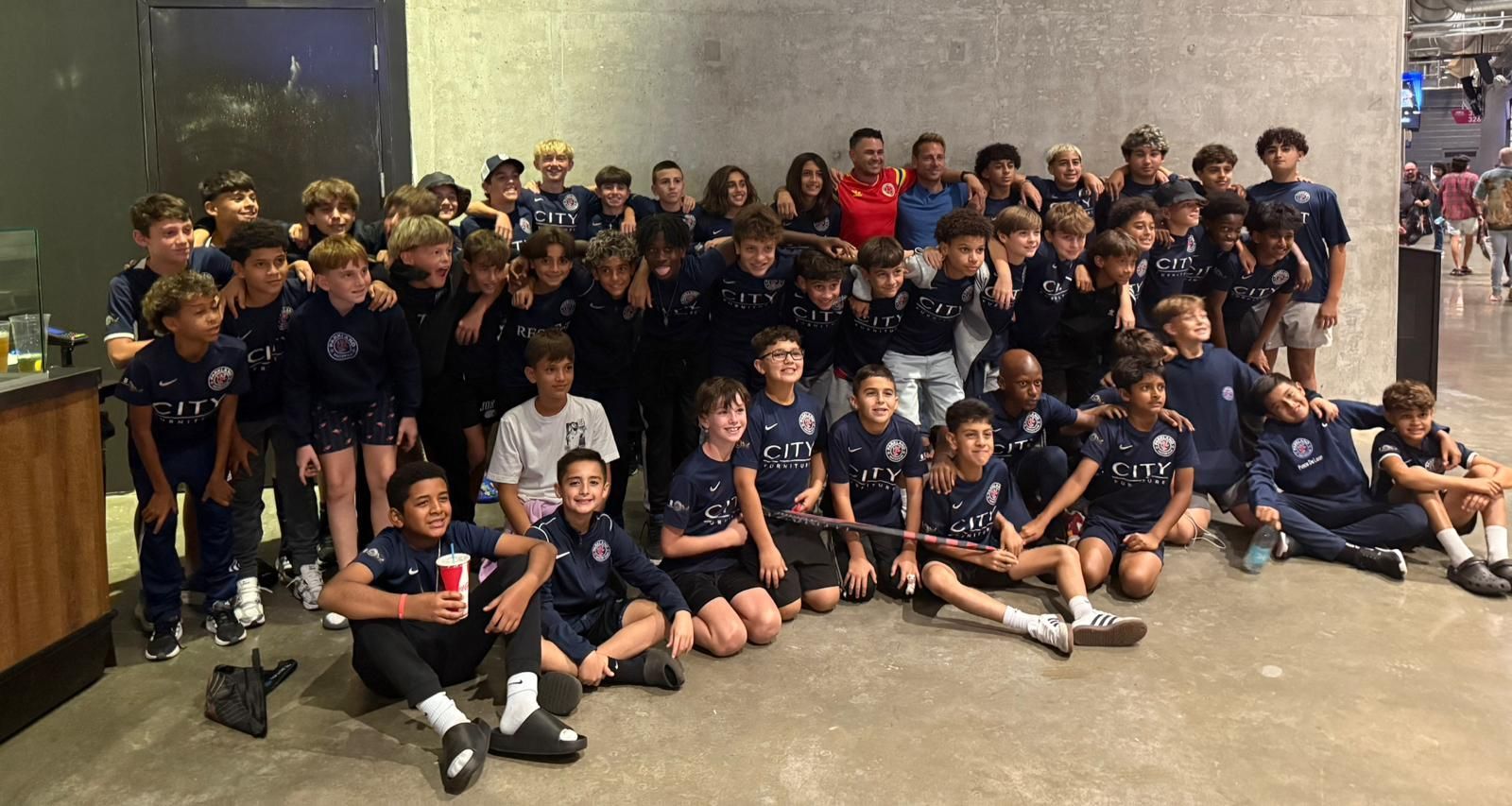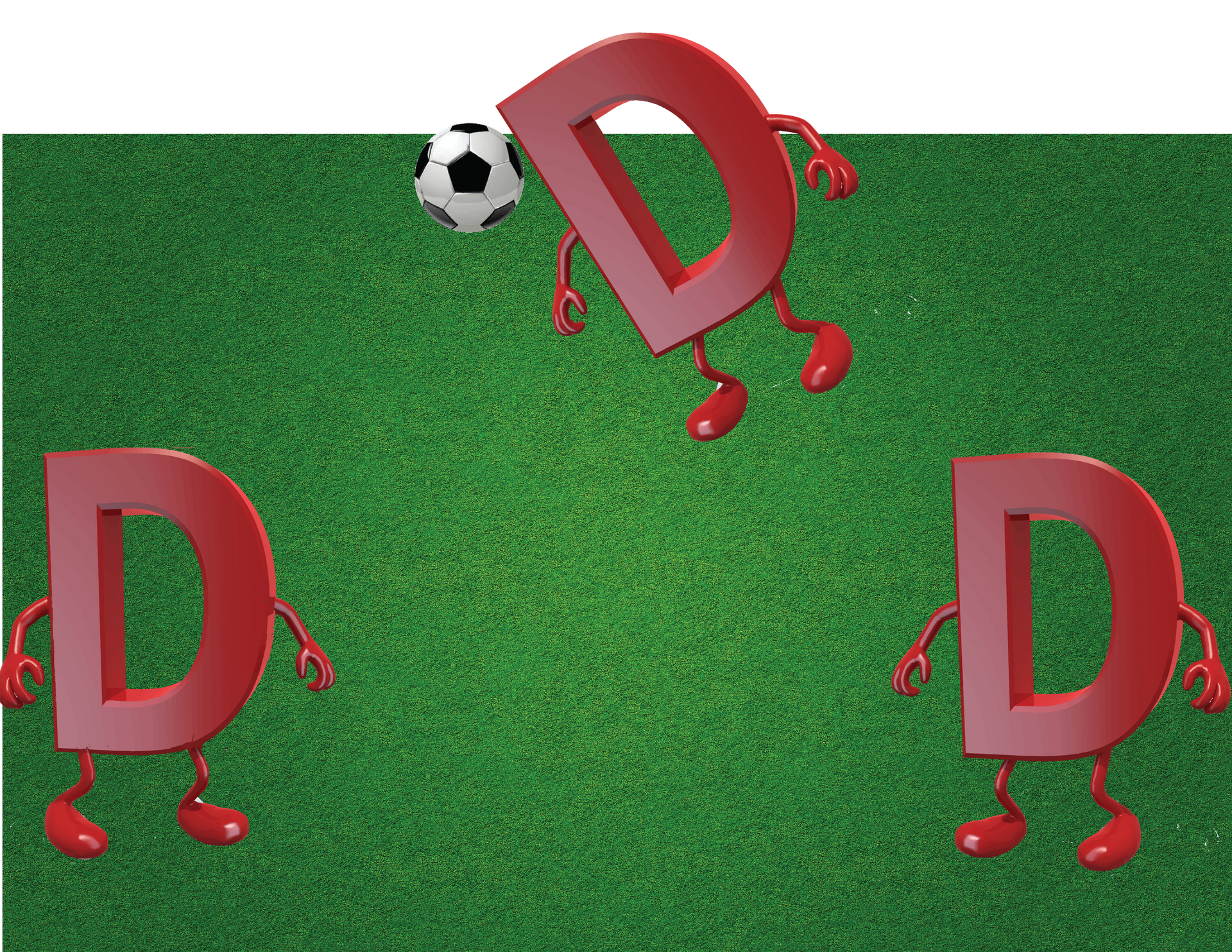CREATING A SUCCESSFUL SOCCER ROUTINE FOR TRAINING AT HOME
Helping the player manage their own training environment
By Cristian Raudales, Director of Girl’s Performance

In order to properly implement suggestions from an Individual Development Plan (IDP) or soccer evaluation, support is needed from parents and family members. We wanted to share a few ideas on how parents can help their athlete.
• What is an IDP? It is a personalized roadmap to help a player reach their full potential and achieve specific goals in soccer.
• Why do we use an IDP? Team training is crucial and important for growth. However, not every player has the same needs or strengths and weaknesses. In order to maximize development, players need to focus on specific areas which may be limited during team training. We can all agree that not every child will, or even strive to become a professional soccer player, but if they want to reach their potential and gain enjoyment from the sport for years to come, it’s a good target to set themselves. Moreover, helping them manage routines and ways to incorporate trainings in their schedule will help them with techniques to manage their daily lives in the future. So how do players become competent soccer players? The simple answer is by finding the time at home to practice. Whether it’s by completing drills and practices set by their coach, or fully independent technical work that they do on their own, players must factor at-home training into their schedule. Pele used to juggle fruit with his feet. Ronaldinho used to dribble on the streets of his neighborhood. They both trained, away from the team, with an objective in mind. So, when is the best time to train at home? There is no definitive answer to this, because there is so much a typical school-age child needs to cram into their evenings, but we do have some suggestions for days when the player does not have team training or games outside of their already packed weekends, as follow:
• Before dinner: Children, like adults, should not perform strenuous physical activity on a full stomach, so putting in their 30 min to 1-hour of practice before they sit down for dinner is a favorable option. This would also place their evening meal in the ideal time frame to provide optimum recovery, particularly if the meal is high in protein. This gives the child time to perform less physically demanding responsibilities - such as homework or household chores - after their evening meal. It also gives parents time to prepare food in peace!
• Before bed: If, as a family, you tend to eat your dinner quite early in the evening, your child may not have time to put in an hour of training beforehand. However, an early evening meal should provide more time between dinner bed-time, which allows for physical activity once their food has ‘settled’ - usually an hour after eating. For example, if you sit down for dinner at 6pm, and your child’s bedtime is 9pm, there is an opportunity for them to factor in an hour of training once their dinner has settled - and they have finished washing the dishes! A late-night training session is also a great way to burn off extra energy before bed, meaning a better night’s sleep.










